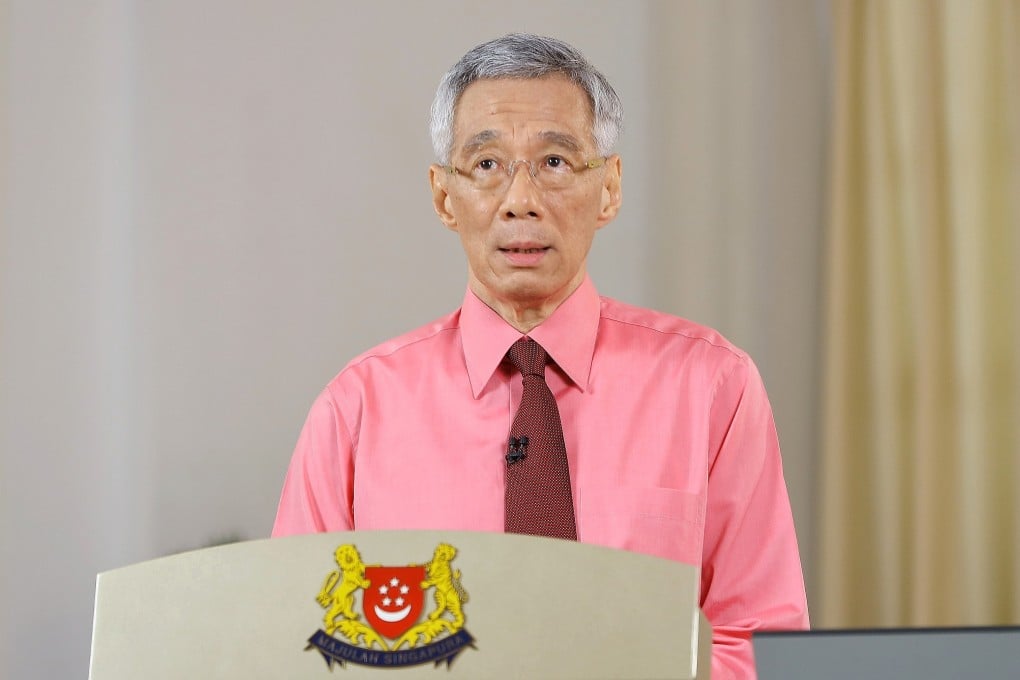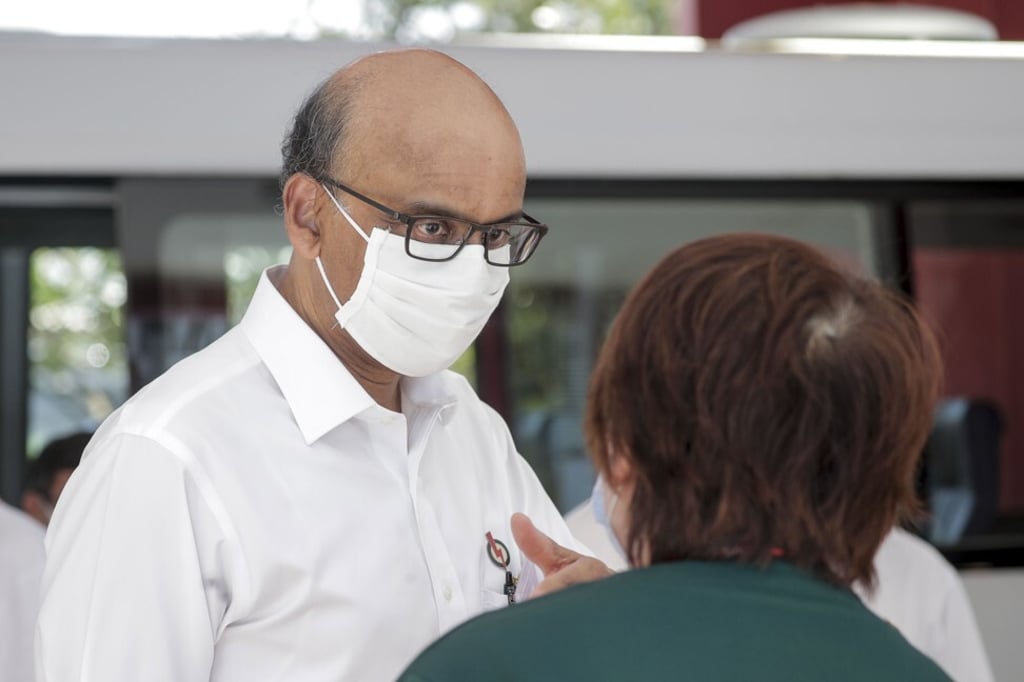Succession questions remain as Singapore’s PM Lee keeps faith with PAP veterans in post-election cabinet reshuffle
- Trusted figures, including Tharman Shanmugaratnam and Teo Chee Hean, retain key positions as senior ministers
- Younger members, known as 4G or fourth-generation leaders, have been rotated into new positions to ‘gain exposure and experience’

Following the poll, commentators had questioned whether Lee’s designated successor Heng Swee Keat, 59, was suited for the top political job – he won his multi-seat constituency by a thin margin – but the new cabinet composition suggested there was no change to the status quo.
Instead, Heng, the Deputy Prime Minister and Finance Minister, will take on an additional role as coordinating minister for economic affairs.
Tharman Shanmugaratnam and Teo Chee Hean, respected veterans of the PAP and former deputy prime ministers, retained their portfolios as senior ministers in the cabinet.
Nydia Ngiow, a Singapore-based senior director with the BowerGroupAsia consultancy, said “stability seems to be the key message” as stalwarts who helmed important ministries before the election were not moved to new jobs.
